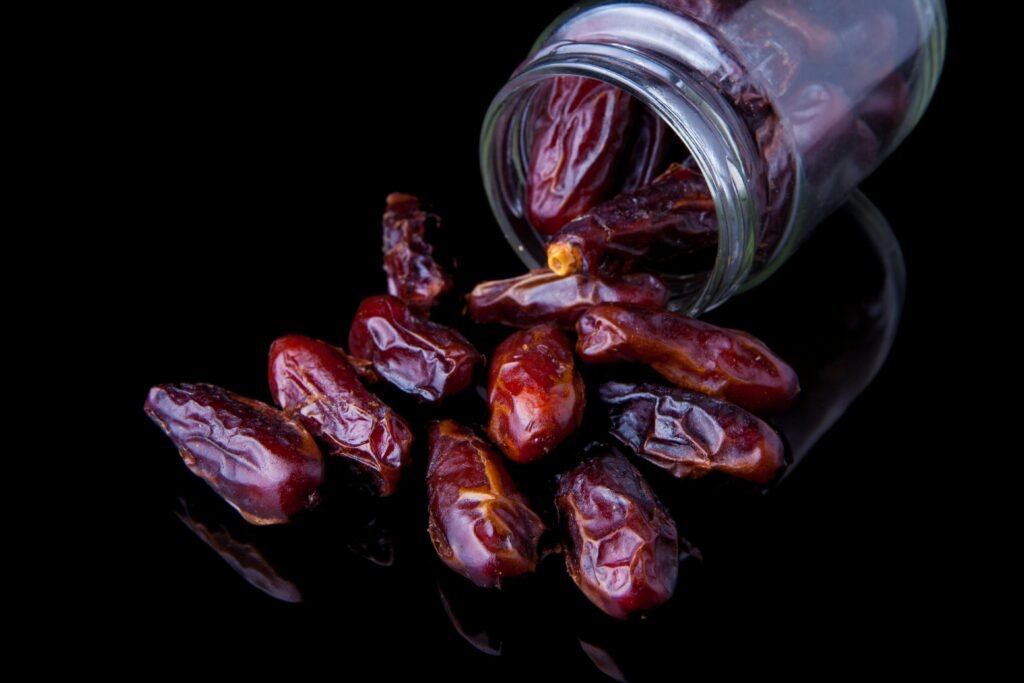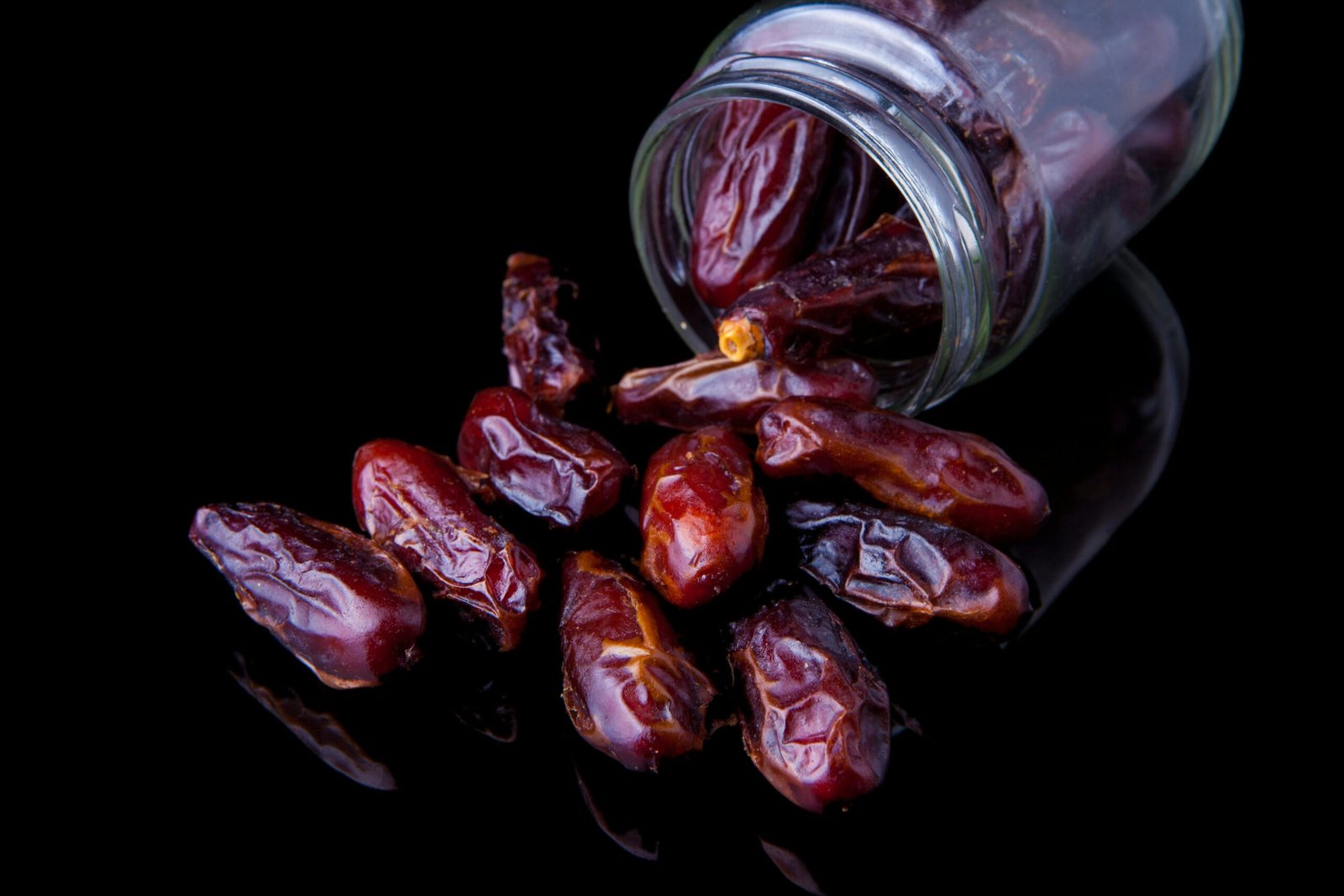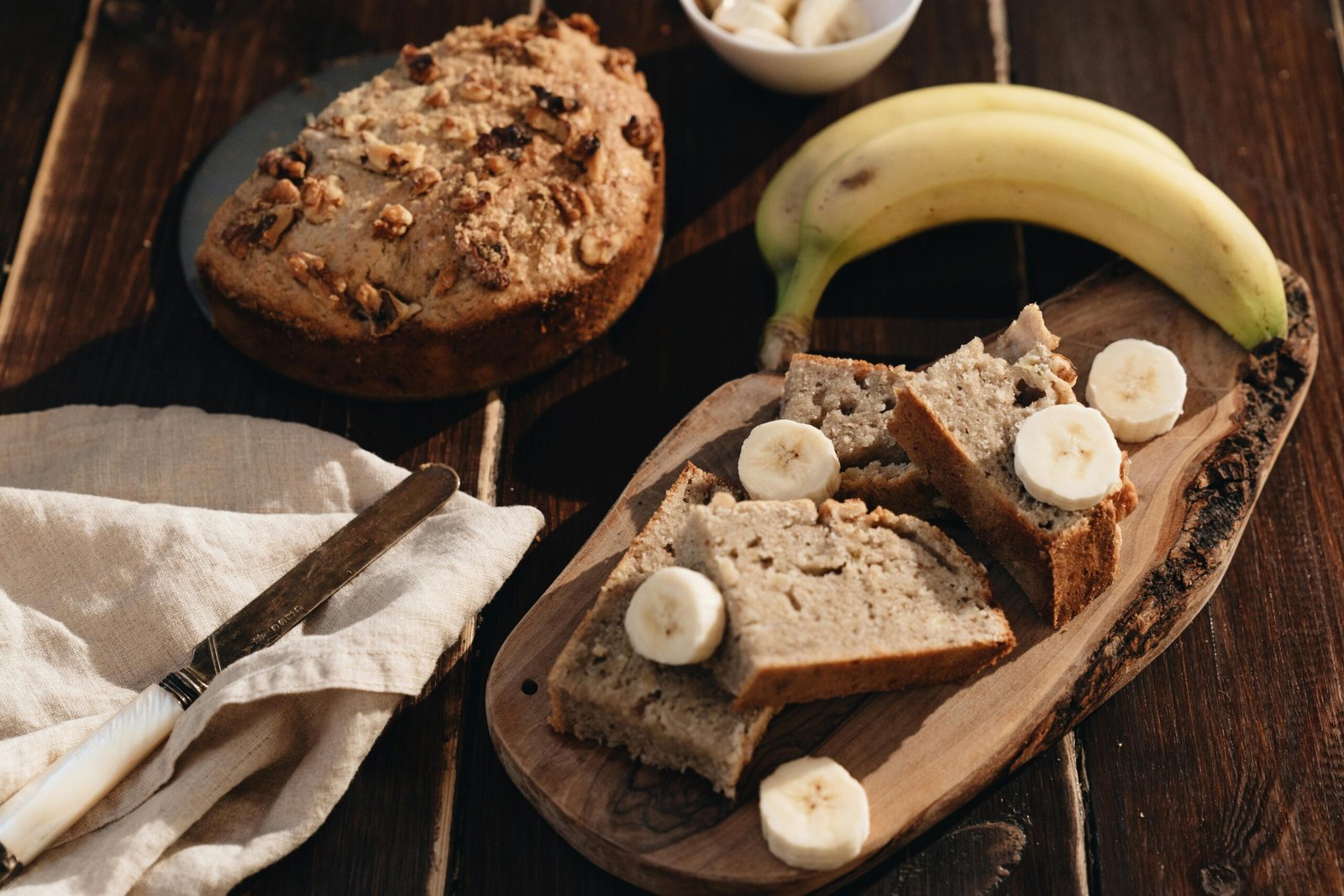When it comes to natural sweeteners and nutrient-dense foods, dates are a true powerhouse. These small, wrinkled fruits have been a staple in Middle Eastern and North African diets for thousands of years, and for good reason. Not only are they delicious, but they also pack a punch when it comes to health benefits. Whether you enjoy them as a snack, add them to smoothies, or use them in baking, dates are a versatile and nutritious addition to your diet. Let’s dive into the amazing health benefits of dates and why you should consider making them a regular part of your meals.

What Are Dates?
Dates are the fruit of the date palm tree (Phoenix dactylifera), and they come in various varieties, such as Medjool, Deglet Noor, and Barhi. They are naturally sweet, with a chewy texture and a caramel-like flavor. Dates are often eaten dried, but they can also be consumed fresh.
Top Health Benefits of Dates
1. Packed with Essential Nutrients
Dates are a nutrient-dense food, meaning they provide a high amount of vitamins and minerals relative to their calorie content. They are rich in:
- Potassium: Supports heart health and muscle function.
- Magnesium: Important for bone health and energy production.
- Iron: Helps prevent anemia and boosts energy levels.
- Vitamin B6: Supports brain health and metabolism.
- Fiber: Promotes digestive health and keeps you feeling full.
2. Boosts Digestive Health
Dates are an excellent source of dietary fiber, with about 7 grams per 3.5-ounce serving. This fiber helps regulate digestion, prevents constipation, and supports a healthy gut microbiome. Eating dates regularly can keep your digestive system running smoothly.
3. Natural Energy Booster
Need a quick pick-me-up? Dates are high in natural sugars like glucose, fructose, and sucrose, making them a perfect snack for an instant energy boost. They’re a favorite among athletes and fitness enthusiasts for this reason.
4. Supports Heart Health
Dates are heart-friendly in several ways:
- Their high potassium content helps regulate blood pressure.
- The fiber in dates can help lower LDL (bad) cholesterol levels.
- Antioxidants in dates, such as flavonoids, reduce inflammation and oxidative stress, which are linked to heart disease.
5. Rich in Antioxidants
Dates are loaded with antioxidants like flavonoids, carotenoids, and phenolic acid. These compounds help neutralize free radicals in the body, reducing inflammation and lowering the risk of chronic diseases such as heart disease, diabetes, and cancer.
6. Promotes Bone Health
Dates contain essential minerals like calcium, phosphorus, magnesium, and potassium, all of which are crucial for maintaining strong and healthy bones. Regular consumption of dates may help prevent bone-related conditions like osteoporosis.
7. Supports Brain Health
The antioxidants in dates, particularly flavonoids, have been shown to reduce inflammation in the brain, which may lower the risk of neurodegenerative diseases like Alzheimer’s. Dates also contain choline, a nutrient that supports memory and learning.
8. Aids in Weight Management
Despite their sweetness, dates have a low glycemic index (GI), meaning they don’t cause a rapid spike in blood sugar levels. The fiber in dates also helps you feel full for longer, reducing the likelihood of overeating.
9. Natural Sweetener Alternative
Dates are a great substitute for refined sugar in recipes. You can use date paste or blended dates to sweeten smoothies, desserts, and baked goods without the negative effects of processed sugars.
How to Incorporate Dates into Your Diet
Dates are incredibly versatile and can be enjoyed in many ways:
- As a snack: Eat them on their own for a quick energy boost.
- In smoothies: Add a few dates to your smoothie for natural sweetness.
- In baking: Use date paste or chopped dates in muffins, energy bars, or cookies.
- In salads: Add chopped dates to salads for a touch of sweetness and texture.
- As a spread: Blend dates with nuts to make a healthy, homemade date-nut butter.
A Word of Caution
While dates are highly nutritious, they are also calorie-dense due to their natural sugar content. Moderation is key, especially if you’re watching your calorie intake or managing blood sugar levels. Stick to a serving size of 2-3 dates per day to enjoy their benefits without overdoing it.




